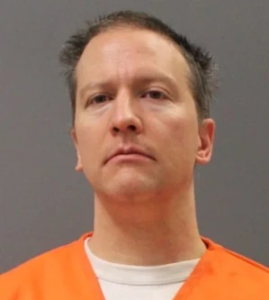
In an era where free speech and individual liberties are at the forefront of national discourse, it is crucial for our education system to uphold the very values that our nation was founded upon. The recent case of a Tennessee high school student, identified as “I.P.,” suspended for sharing satirical memes about his principal, sheds light on the need for schools to reexamine their priorities and respect the constitutional rights of their students.
The First Amendment of the United States Constitution explicitly safeguards the right to freedom of speech, ensuring that citizens, including students, can express their thoughts and opinions without fear of retaliation. It is disheartening to see instances where this fundamental right is seemingly disregarded, as in the case of “I.P.” and his satirical memes.
The Foundation for Individual Rights and Expression (FIRE) rightly filed a lawsuit on behalf of the student, asserting that the school’s decision to suspend him for off-campus speech violated his First Amendment rights. This stance is not merely about protecting the freedom to post memes; it’s about upholding the principles upon which our nation was built.
Criticism and satire of those in positions of power are deeply ingrained in American culture and have been since the founding of our nation. As FIRE attorney Conor Fitzpatrick aptly pointed out, it sends a dangerous message to young individuals if they are led to believe that they can face consequences for criticizing authority figures. In fact, this type of critical engagement is essential for fostering an informed and empowered citizenry capable of questioning and challenging those in power.
The school’s subsequent decision to backtrack on its handbook policies that restricted “embarrassing” social media content is a step in the right direction. However, the battle for the student’s constitutional rights is not over. It is crucial that the school district fully vindicates the student’s rights, removes the suspension, and ensures that vague and overreaching policies are rectified.
Students’ private expression, as long as it does not cause substantial disruption within the school environment, falls under the protection of the First Amendment. The lesson here is clear: schools must not overreach in policing the personal and non-disruptive social media posts of their students. It is not the role of educational institutions to dictate students’ private lives or opinions outside the school premises.
In a society that values individual liberties and encourages open discourse, it is imperative that schools prioritize educating their students about their rights and responsibilities as citizens. Restrictive policies that stifle expression, particularly when it involves satire and criticism, only serve to undermine the very values we seek to instill in our young people.
As the legal battle continues and the student’s constitutional rights are upheld, we must remind ourselves that schools are not just places of learning; they are also crucibles where future citizens are shaped. By respecting and defending the constitutional rights of children, schools can truly prepare students to be informed, engaged, and responsible participants in our democratic society.






